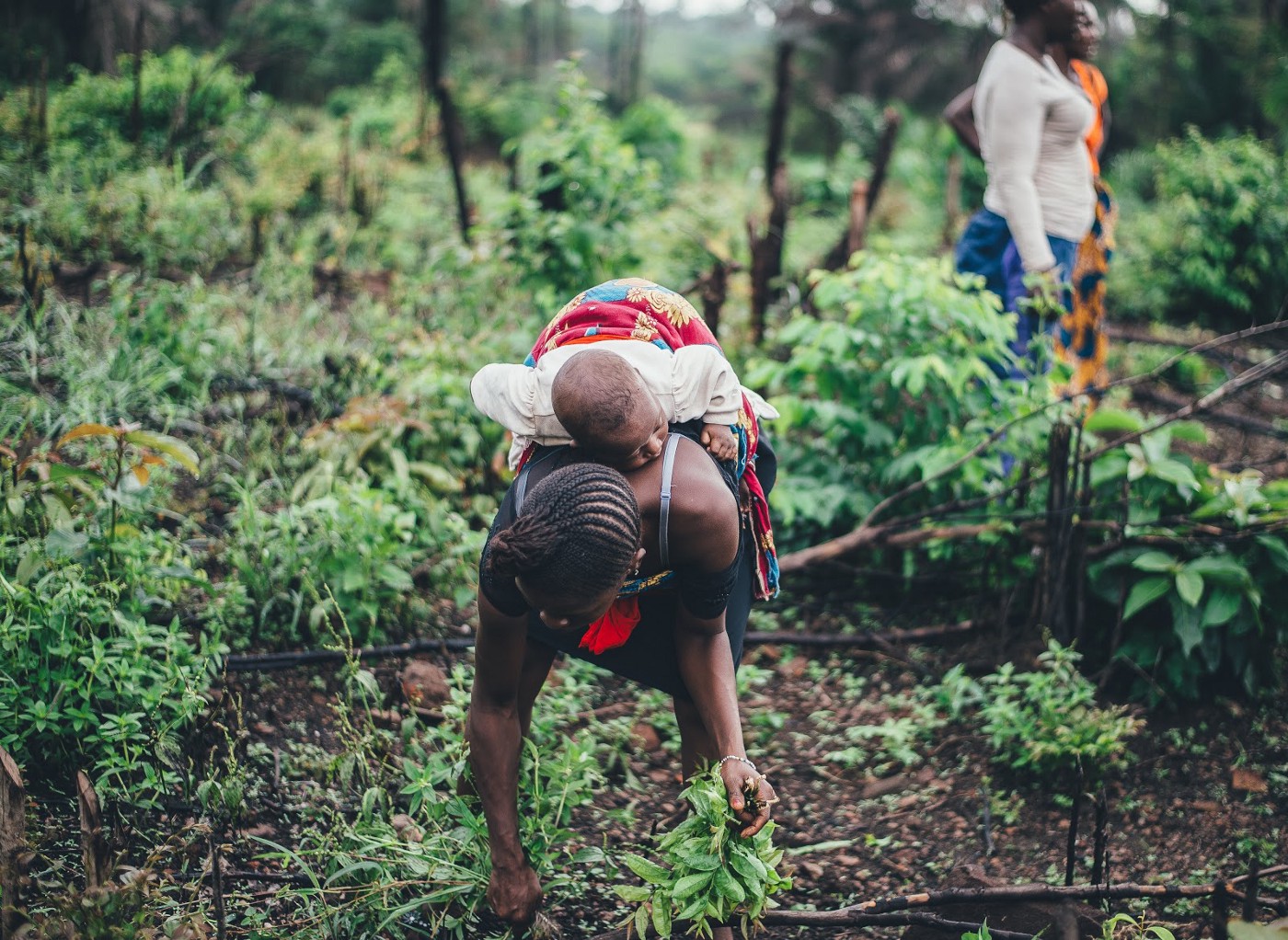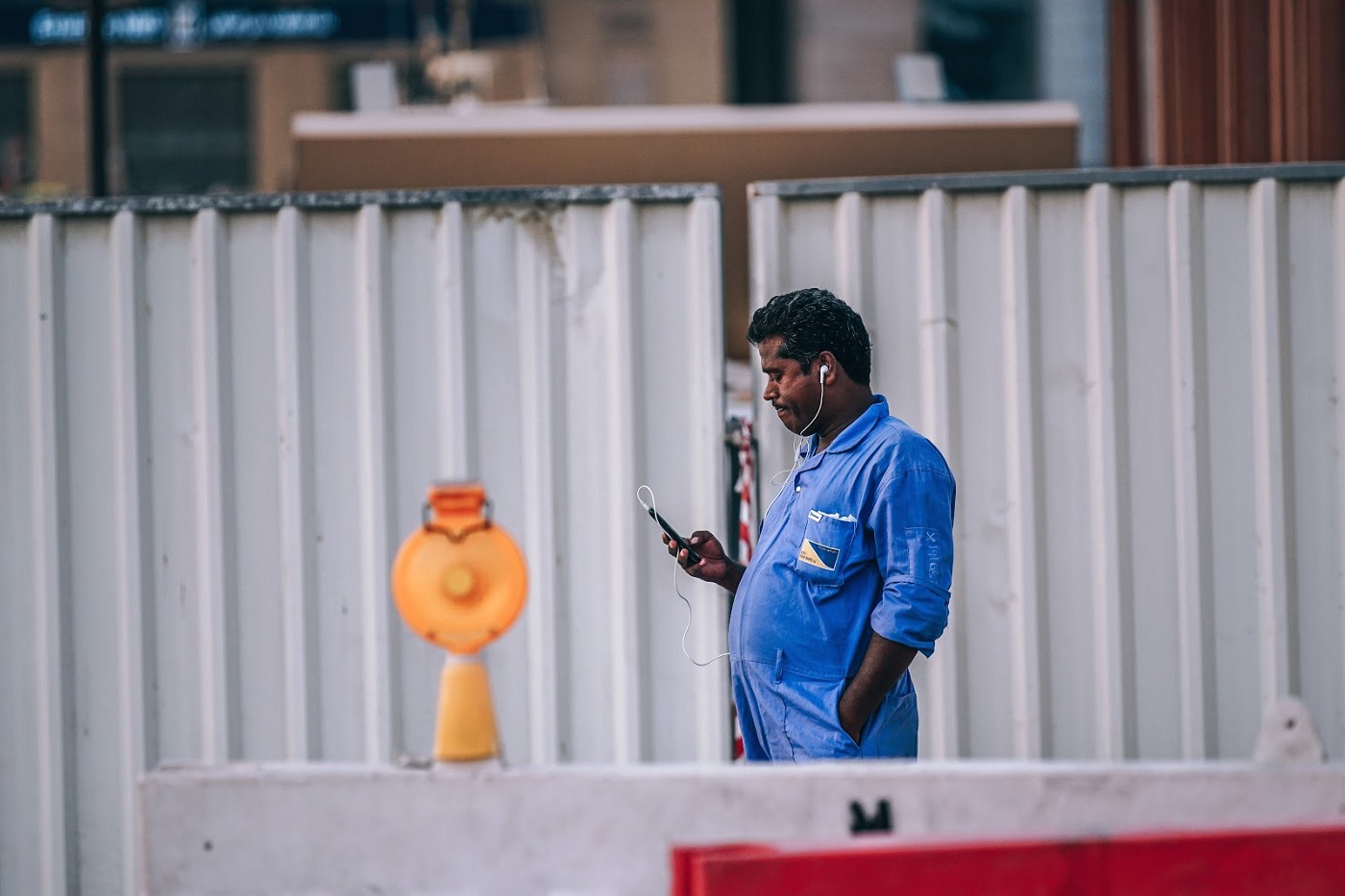What power does a bank account hold? Through this series of articles, we explore the power of fintech, and how mobile banking alternatives like Eversend are building a bridge from poverty alleviation to empowerment.
All around the world, 1.7 billion adults lack access to formal financial services. We call them the “unbanked” — those without a bank account at a financial institution or through a mobile money provider.
In a bid to eradicate poverty and fulfill other Sustainable Development Goals, actors of the international community — from the United Nations, World Bank, and governments to startups like Eversend — are joining forces to bring banking to everyone — through digitalisation. What difference does a bank account make? And how does financial technology (fintech) fit into all this?

Photo by Annie Spratt on Unsplash
Financial Inclusion as developmental agenda
While the term “unbanked” is widely used to distinguish people by ownership of a bank account, it is a proxy used to capture the idea of “financial exclusion.” Most are located in the developing world, in places like Kenya, Uganda, and Tanzania. The concept first came about when policymakers realized how financial institutions systematically excluded particular socio-economic groups and entrenched global inequality.
In response, “financial inclusion” initiatives gathered steam, with leaders pledging to make formal regulated financial services readily available, to be used actively and effectively to meet specific needs.
As such, universal financial inclusion has gained centre stage as a priority in the global developmental agenda. The World Bank’s 2008 annual report, titled ‘Finance for All,’ marks this paradigm shift for international development. In 2011, the Alliance for Financial Inclusion (endorsed by the G20 and with mainly developing countries members) was established as a global network of central banks aimed at bringing financial services to the poorest.
70 financial institutions from developing countries went on to sign the Maya Declaration, with nationally defined targets and strategies to coordinate international efforts. From the developed to developing, countries are on board the financial inclusion train running at full steam.
Mobile Banking Alternatives

Photo by Fancycrave on Unsplash
In this policy environment, policymakers, entrepreneurs (our Eversend founders Stone and Emma included!) and investors quickly picked up the developmental potential of digitalised banking.
The World Bank found that some of the most common reasons why people stay unbanked are:
- They make too little money to use one
- It is too expensive to open an account
- Distance to a physical financial institution (e.g. in rural areas)
Common themes here: physical and financially accessibility.
However, we are experiencing an unstoppable growth in mobile phone usage. Among the 1.7 billion unbanked adults, ⅔ actually owns a mobile phone. That’s a rapidly expanding infrastructure network connecting even the most remotely situated individuals to services others take for granted.
This potential is tapped into through major developments in financial technology.
Take blockchain for example. It has allowed the decentralisation and increased security of financial transactions, undermining the intermediary role of traditional banks and cutting transaction costs. With digitalised financial services like we are building at Eversend, people can now store their money, send/receive money for remittances — and eventually take out a loan, or even buy insurance — with just a mobile phone.
Thanks to that, regions previously underserved by traditional banks are no longer disconnected from the formal financial network and the benefits it brings.
Riding on the market gap and world leaders’ call for action on financial inclusion, we are working day and night to build Eversend’s mobile banking alternative — with a mission to reach those in Uganda, Kenya, Tanzania, and beyond.

Behind the Scenes: see Emma hard at work @ the Paris Fintech Forum
In the next article, we’ll dig deeper to look at why we care so much about banking here at Eversend — the specific mechanisms by which financial services brought closer by technology are driving poverty alleviation. Stay tuned!